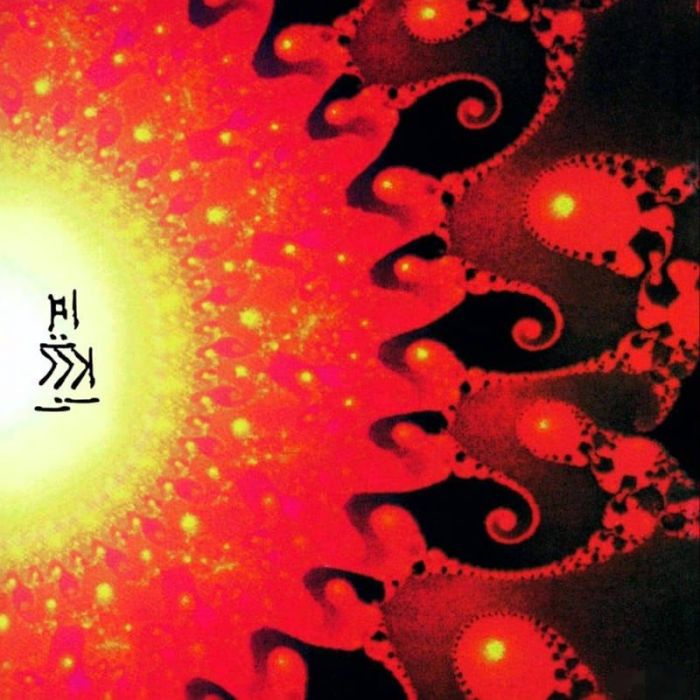Ultramania by Seo Taiji (Review)

It’s very tempting to present a review of the press release for this album rather than the music involved, in which case it would receive a well-deserved 10 out of 10 for its almost aggressive earnestness and hugely involved history of Seo Taiji. Fortunately the music is able to stand alone. In Korea, Ultramania has sold over 1.3 million copies. Influenced by Taiji’s four year residence in America, the album is a polished and venomous slab of hardcore pimp-rock. For a genre still largely underground in Korea, that’s pretty good going.
Although clearly influenced by bands such as Limp Bizkit and Rage Against the Machine, he remains a one-man show, having composed, played and recorded all the sounds on the album (bar one, more on that later). Criticized in his homeland for merely plagiarizing the sounds of western hardcore yet revered by a large number of the nation’s youth, Seo Taiji is hoping to get a foothold in other countries to help deliver a feel of the current mood of Korean teenagers to the world. He has been deeply involved in music for the past 15 years, a turbulent time indeed, as he moved from band to band and image to image.
Ultramania opens with an insiduous little riff before crashing and burning into the full on riffery of “Tank.” In contrast, a vocodered yelp appears before Taiji’s truly spiteful vocal takes over. Then, sounding like another person entirely, he growls and yells through the chorus. It’s more aggressive and expressive than previous work, yet without being pointlessly punishing. “Orange” uses a more poly-rhythmic rap, and follows a political message delivered in “Classroom Idea,” that of being educated to oppress both yourself and others. It’s no wonder he’s big with Korean youth.
“Internet War” bounces about with Taiji sounding disdainful about the Internet. It is here that the benefits of a foreign language are reaped, since songs about the Internet being stupid and full of porn are hardly new. It also includes some of the most peculiar sentiments in rock, presumably having lost something in translation (“It is really too much, your halitosis…/toxic waste water that you discharged flows through children’s veins”). “Lego” is a mellow and much needed respite from the progressively harder edge of the album, acting as a brief bridge into “Ultramania,” probably the cheesiest thing here. Cheesy in the mass appeal sense, it is the central song yet containing no meaning in particular. It is more simply a call to everyone to be erase preconcieved ideas and be passionate about life.
Taiji’s favourite song on the album, “Do You Remember” is less rap-metal, more grunge. Lyrically it is the most interesting and dark, musically it is more anthemic. After a few minutes of silence it includes the hidden track “To You,” a remake of an old ballad he wrote. It breezes along like any joyous pop, and then brutally screams through the chorus. It shows a sense of humour and fondness about his previous naive songwriting, and that he is able to straddle many styles of music effortlessly.
It’s a pointless exercise to argue where and when any artist developed their style so long as the result is worthwhile. Many famous and uncriticized singers only sang other people’s songs. For Seo Taiji to inject new spirit and meaning into a fairly tired genre refutes any claims that he is derivative. To Korea, I say treasure him. To America, I say try him. But beware that his tone of voice sometimes says more than his words.
Written by Paul Morton.